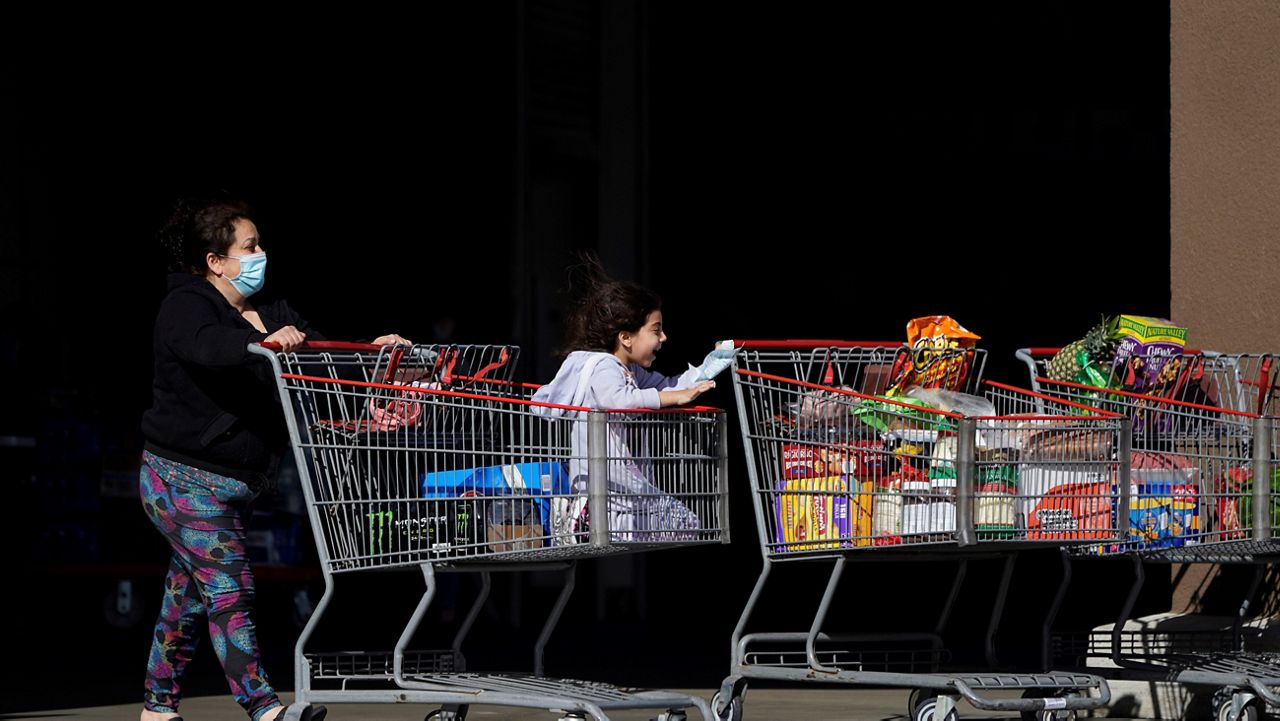RIVERSIDE, Calif. (CNS) — Prices for goods and services climbed 1.1% throughout the Riverside metropolitan area in the last two months, with pocketbook pressure up 9.2% locally over the last year, driven by rent, food and energy costs, federal officials said Wednesday.
The U.S. Bureau of Labor Statistics' bimonthly Consumer Price Index for the Riverside Area showed that food prices were the main driver behind higher living costs over the last two months, increasing 2.8% throughout the metro area, which covers northwestern Riverside County, as well as the cities of Ontario and San Bernardino.
"Over the (last) year, food prices increased 10.7%," the BLS stated, adding that "cereals and bakery products" most recently led the pack in price increases.
In the last 12 months, rents were up nearly 9%, while energy costs were up 31.3% year-over-year, principally due to surging pump prices. However, the BLS said that in the June-July period, energy prices actually declined 1.5%, dovetailing with a nationwide dip in gasoline prices.
In the 12-month period ending July 2021, the local CPI registered a 6.5% year-over-year increase. The 9.2% rate rise spanning July 2021 to July 2022 reflects the galloping pace of inflation impacting most sectors of the economy, with no comparable increases for the Riverside metro area since the local CPI was first published in 2018, data showed.
The BLS said that, nationally, the Urban Consumer CPI was unchanged June to July, but for the 12-month period ending July 2022, it was up 8.5%, representing a 40-year high.
The accelerating consumer price hikes have been blamed by the Biden administration on the war in Ukraine and consequent energy supply disruptions, but critics have pointed to the administration's restrictive domestic energy policies, as well as excessive spending, including the flood of dollars contained in relief packages, as root causes.
U.S. Treasury Secretary Janet Yellen acknowledged during congressional testimony in June that inflation is the "top economic problem" facing the nation and that it would not be "transitory," as she and Federal Reserve Bank Chair Jerome Powell had initially predicted.
Powell said in June that inflation began a sharp upward trajectory in the last half of 2021, and he could not pinpoint when inflationary pressures might abate.
